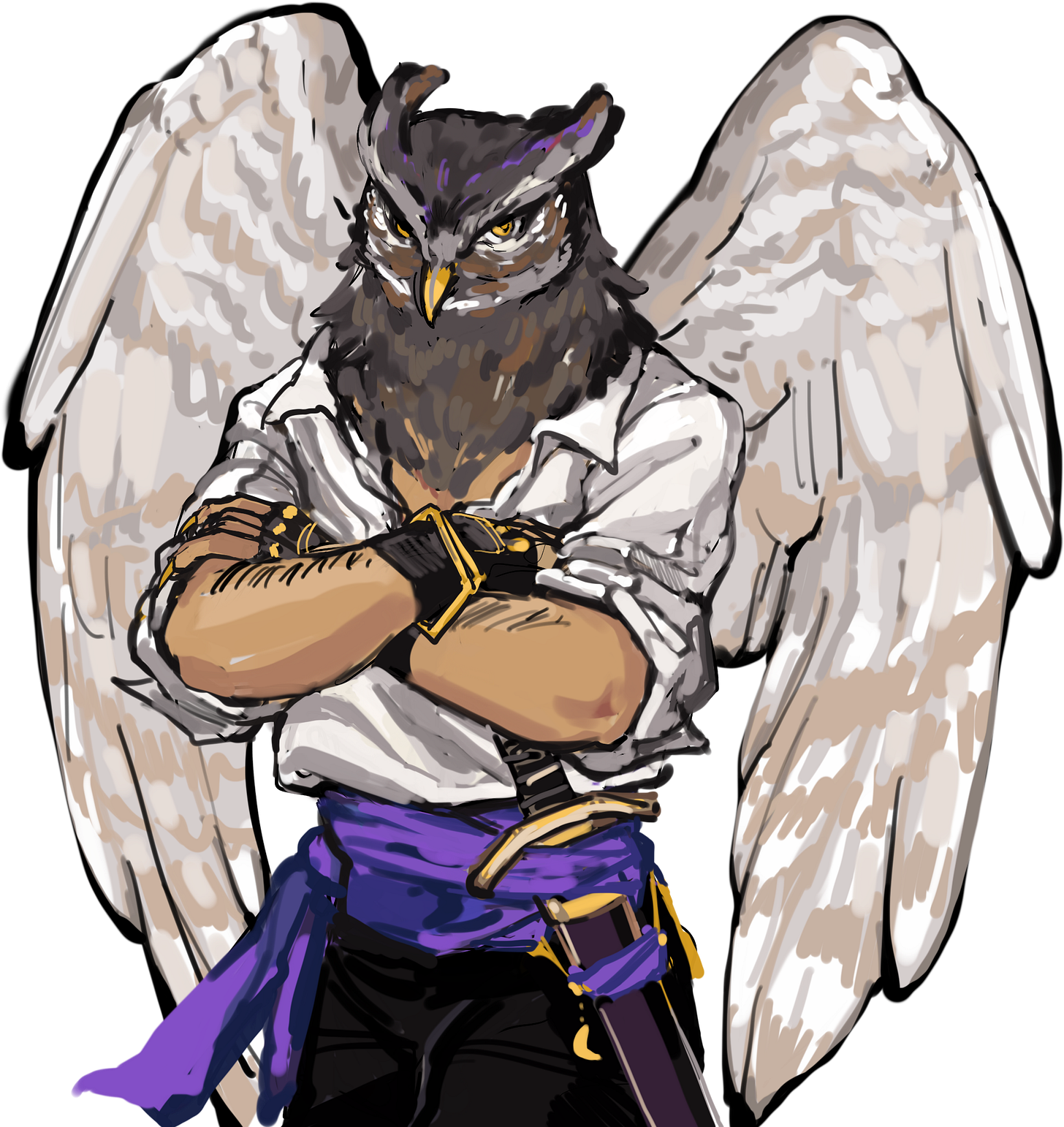Interview with William F. Edwards
William talks Substack, Battles Beneath the Stars, and writing for video games
Our next guest is William F. Edwards, writer of The Warthog Report and creator of Battles Beneath the Stars. William has a unique perspective on the intersection of fiction and gaming. I’m a gamer myself, so it was fun to ask him some questions on the topic. We hope you enjoy this interview and stick around in the comments.
Tell us about your background. Did you always want to write fiction?
Pretty much. I’ve always been a story-oriented person. My siblings and I would even make up stories for video games that didn’t have one. Discovering fanfiction was a key moment in getting me to become a writer since it showcased a lot of people my age writing as well.
What brought you to Substack? Does the format work for you, or would specific improvements enhance your experience?
I was at an online event for fantasy writers where one of the panels was on alternatives to social media, in which Substack was brought up as one. All of the published authors and writing professors had told me to make a Twitter, which I did, but it was only out of obligation. I think we’ve finally left it behind, but there was absolutely an era of mandatory Twitter for authors. Substack was and still is an escape from that. Even with the Notes feature, it doesn’t feel compulsory.
The only improvement to Substack I could think of for my experience is letting there be a built-in Table of Contents for serials. I’ve used the suggested workaround of a pinned post, but updating it for each chapter is tedious.
Actually, this might stray a little from Substack’s vision, but it’d be great if there were options for different payment models. Paid subscriptions are a big commitment. I’d like to support more authors, but ten $5/month subscriptions would add up quickly in a way ten one-off purchases wouldn’t.
I’d still keep paid subscriptions on my own Substack. On the author's side, it offers some nice stability, so the option shouldn’t go away. But I’d feel better about doing content with a paywall if there was an option for a one-off purchase for it, like ‘you can pay $2 just for this short story, but for $5 a month, you’ll get access to all short stories on this Substack.’
I’m not sure if anyone other than fiction writers and/or readers would want this, but I don’t think it’d do harm to anyone, at least aside from the people who’d need to program the functionality.
Can you explain the name ‘The Warthog Report?’ What can readers expect by subscribing to your publication?
My family has a rather long-standing joke of referring to me as a warthog, which led to me adopting it as an element of my online personas. In hindsight, it sounds like a news publication, which is not what you should expect. What readers should expect is fiction, musing, and me talking about things I like.
For Battles Beneath the Stars, you’re developing a serialized story set in a Fantasy world in the style of a Fighting game. Can you explain what it’s like to write for video games? How does it differ from traditional prose/storytelling?
Battles Beneath the Stars is interesting in that regard because it’s not truly writing for a video game. I write it like it is for the most part, but because the game is imaginary, I don’t need to think about production costs or difficulty in actually implementing something. In an actual game, you need to watch your writing for the kind of work it creates in other areas for other people.
One difference, even in Battles Beneath the Star’s pseudo-game format, is the control people have over how they can experience it without breaking the rules. You could crack open a book and read chapters in a random order, but that’s just weird, and nobody expects authors to account for that. With many video games, you can do things in different orders or not at all without going off the rails.
Because of that, the prologue is a little front-loaded with exposition since my intent is for people to pick different stories to follow after the prologue. As such, the more I get out of the way there, the less needs to be reiterated in each story when it comes up. I don’t want to explain something fourteen different times in the same project, and I doubt readers want to read the same information explained fourteen different times, either.
The presence of gameplay, even imaginary gameplay, also requires certain things in the story structure. A fighting game narrative like Battles Beneath the Stars must involve fighting, hence the tournament, as the axis on which much of the plot revolves. Ultimately, it’s no different from how “Murder of the Week” shows need a new murder in each episode.
One interesting thing has been thinking about special conditions for fights to keep things varied and how those interact with the plot. Sometimes, I go in with an idea like, ‘The player character gets poisoned in this chapter, and it shows in the gameplay,’ other times a fight gimmick will come to me after realizing the story naturally leads to it or as a bit of flavor to enhance the mood.
In college, you created a visual novel called “Lovely Spirits,” and you speak about the creation of it here. It’s engaging and fun. What did you learn while making the visual novel?
This ties into the prior question well because the lesson from its creation that stuck with me the most is about the reality of writing for games.
Early on, there’s a scene where a character hands over their sword. When an artist joined the team, they were able to quickly make art of the main characters, then realized that due to the sword exchange, that character needed a version of their sprite without the sword.
They were able to make that version quickly due to how they layered the image, but I also had to reword some prose to avoid the need for a sprite with a different facial expression. It made me realize what I write has an impact on the workload of other members of the development team.
There was also a pet crocodile that was going to appear for a few gags, who got cut to give the artist a reasonable workload.
In your opinion, what is the greatest Fighting game/series of all time and why?
Super Smash Bros. Some will disagree with the taxonomy, but it’s clearly within a subgenre of fighting game, now termed platform fighters. I’ve been playing since I was a kid, so a lot of it just feels natural to me. I love how varied it is.
With the invention of AR/VR technology, what are some predictions in the realm of video game storytelling and the path for indie game devs moving forward?
I don’t feel AR/VR will lead to any major changes on the narrative side. It’s hard to think of what would change things in that regard beyond the bounds of a genre, even the creation of a new one.
I’m not well-versed as a developer or well-connected, so it’s hard to say what the general feeling is on that technology overall. VR, I feel, would need a much bigger install base for more people to consider making games for them. AR feels like a fad that already passed.
Other than the visual novel, have you tried to make your own video game? What are your thoughts on the Unity controversy?
Definitely not interested in making games with Unity now. Even if they’ve walked back on it, the fact they tried to do it speaks volumes. The developers I’ve spoken with who made games in Unity already hated it before then, too. So much for the Unity tutorials I did.
I’ve been working on some small projects in Ink. I got my start with it by writing part of the code for my collaboration with Geoffrey Golden at Adventure Snack called “Smile! You’re on Alien Deathmatch TV.” And there’s an engine in development with a particular focus on fighting games, Castagne, that I’ve played around with and even made some sprite sheets for.
I also enjoy writing out design documents, which let me explore a ton of different game ideas that are beyond my power and resources to make at the moment. Battles Beneath the Stars is one of those ideas. It had multiple design docs before I started writing the story out as a serial.
Who inspires you and why?
There are stories I’m scared of sharing (even as I share them) or hesitate to work on, so I’m inspired by creators who have the courage to do what they do unapologetically.
How do you define success?
Being able to keep creating. I have a lot of different things I could give as goals, but that’s one that is ongoing. Part of that is being able to support myself to some extent, but it’s also about the freedom to explore different stories and the drive to write them.
Becoming the next big thing can be nice as an occasional daydream, but I wouldn’t want that reality. The book-to-movie pipeline does not interest me for example. I want my work to be enduring cult classics. To me, that is the ideal level of popularity.
Thank you, William, for taking the time to answer a few questions for the SXP audience. Your ongoing support and participation have improved my experience here in the Substack community.
Readers, if you have any comments or questions for William, be sure to drop them in the comments section. Please make sure to subscribe to The Warthog Report below for more stories and insights from William.










I admit most of the gaming stuff has gone over my head, but I can relate to wanting my work to be more of a cult classic than a blockbuster. That feels right on some level. And I absolutely love the ideas of having Substack institute a table of contents and one-off payment system for fiction writers. I could get behind that! Another great interview and really interesting glimpse into a creative world I don't know much about :-)